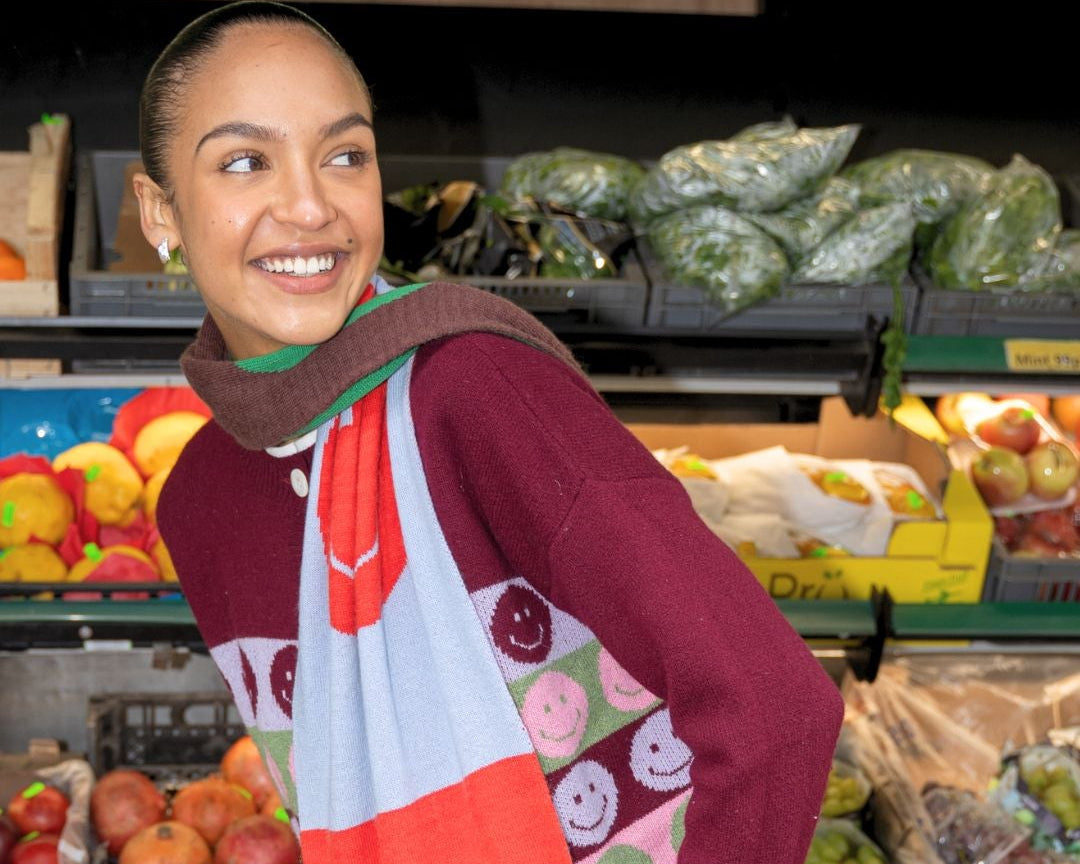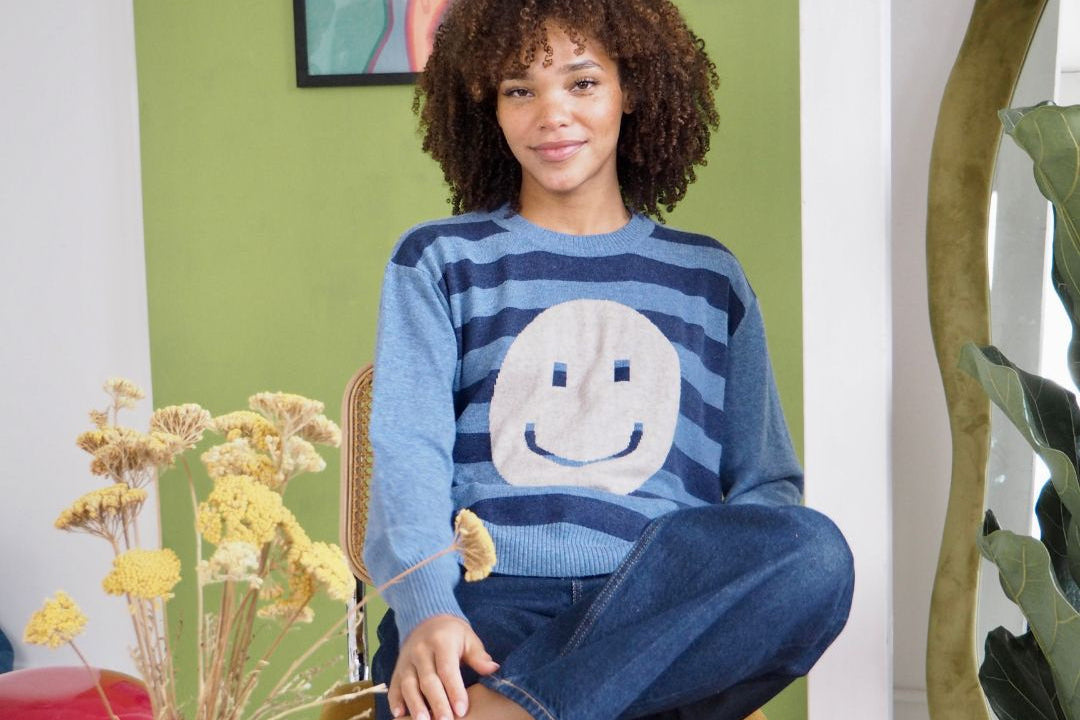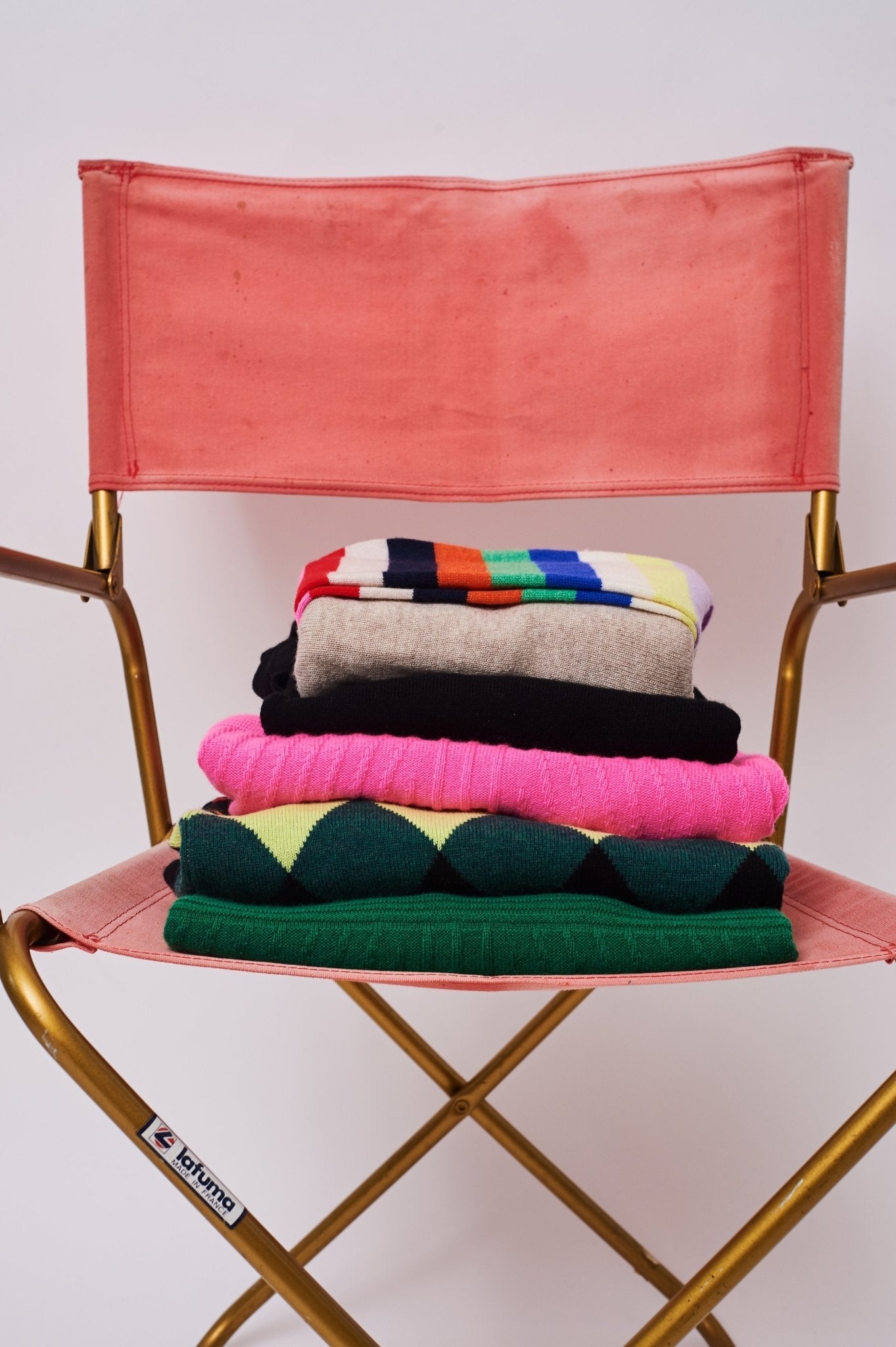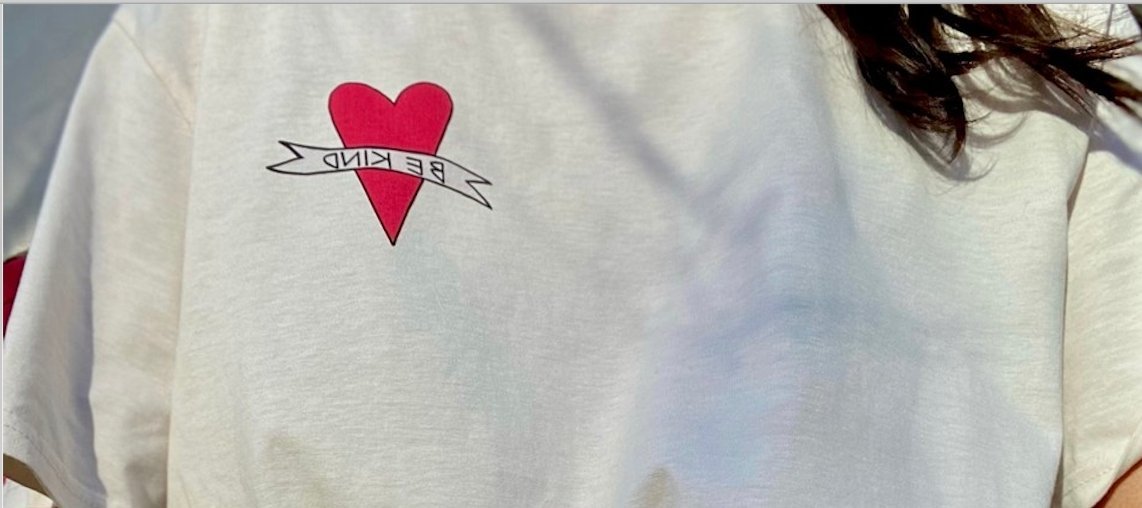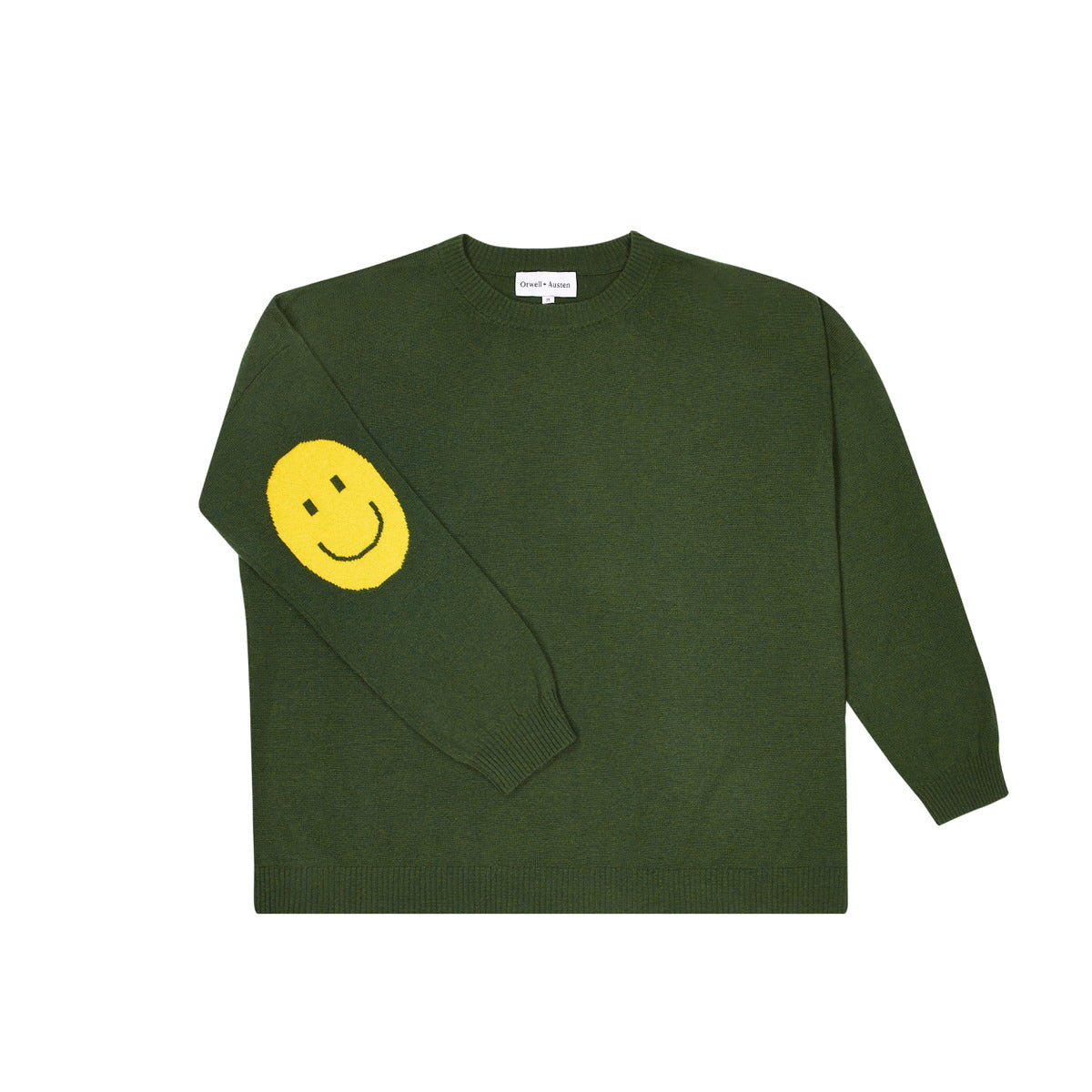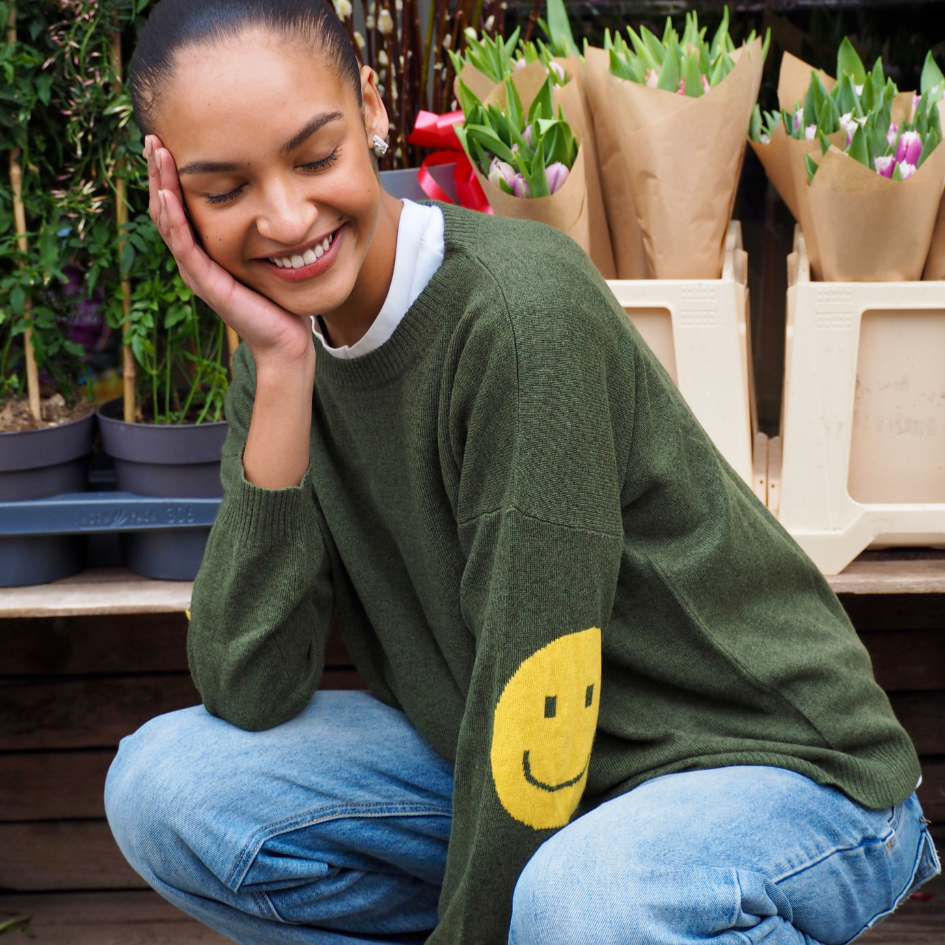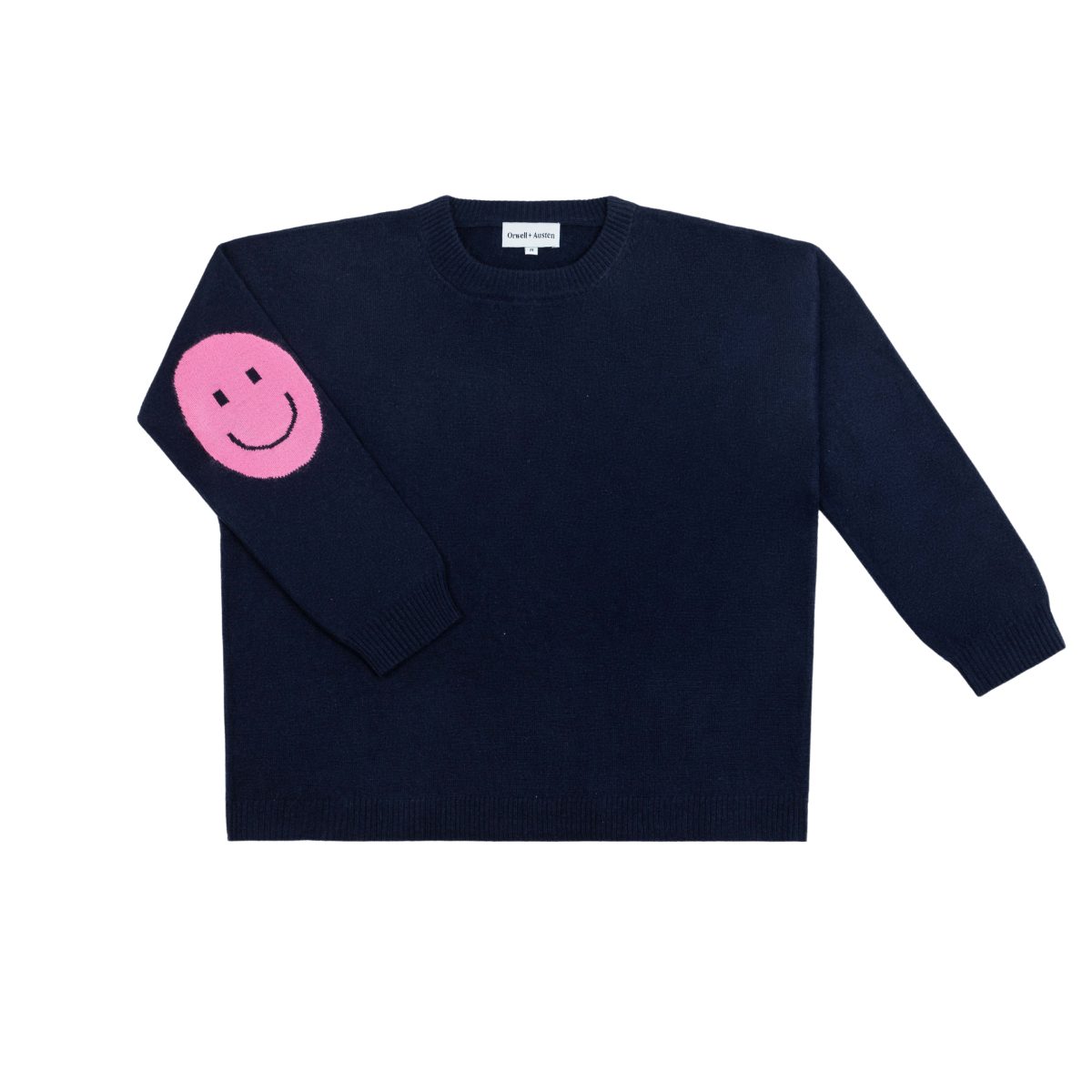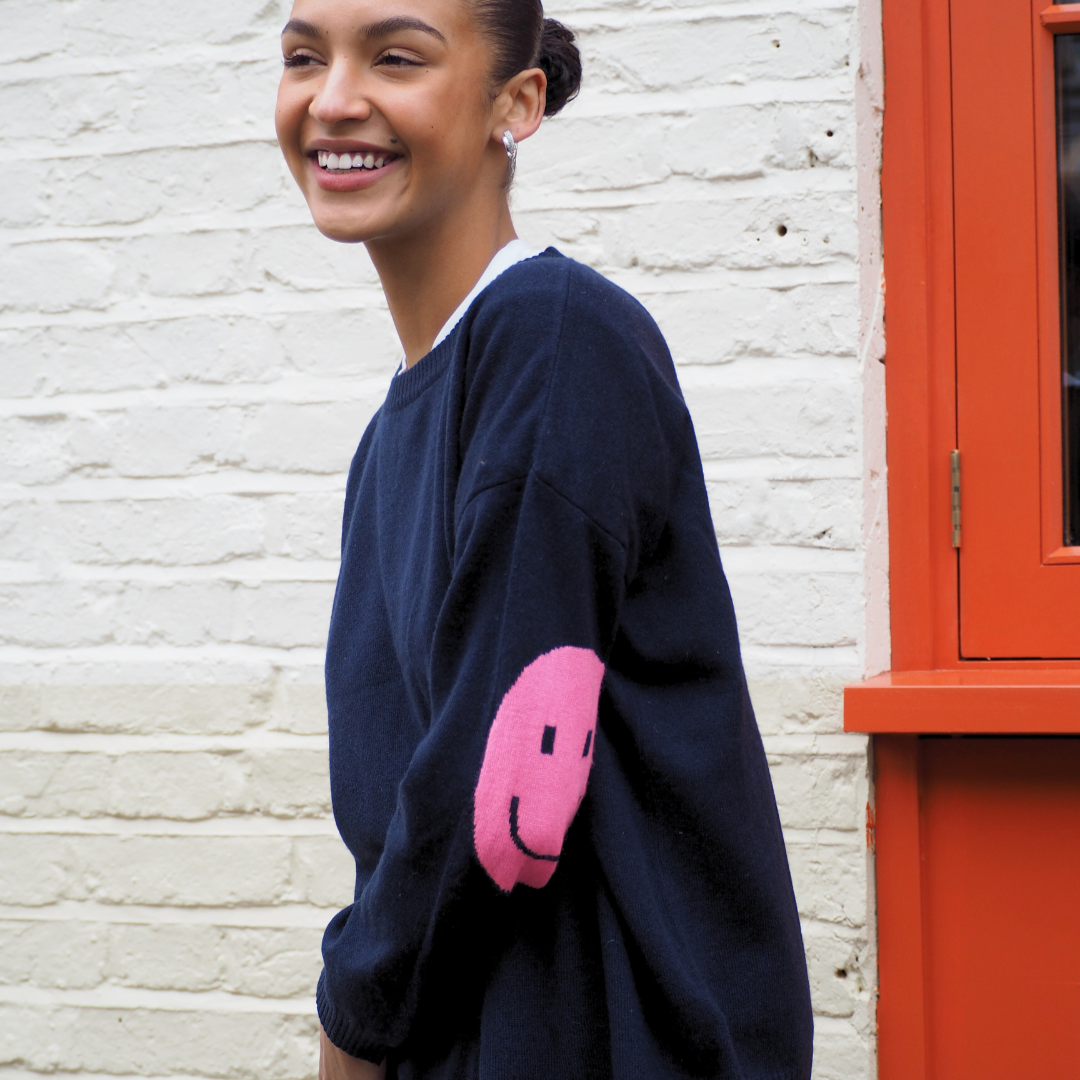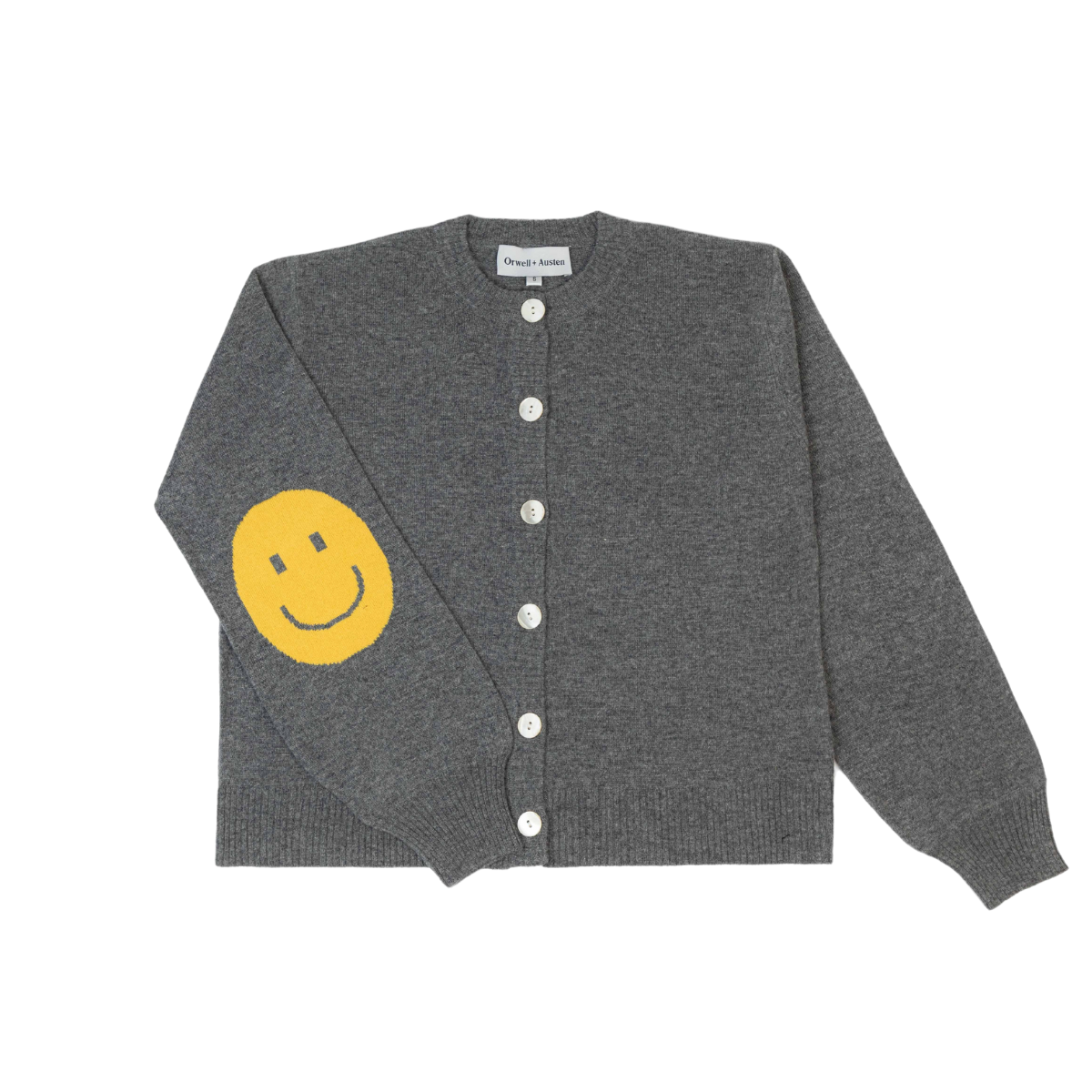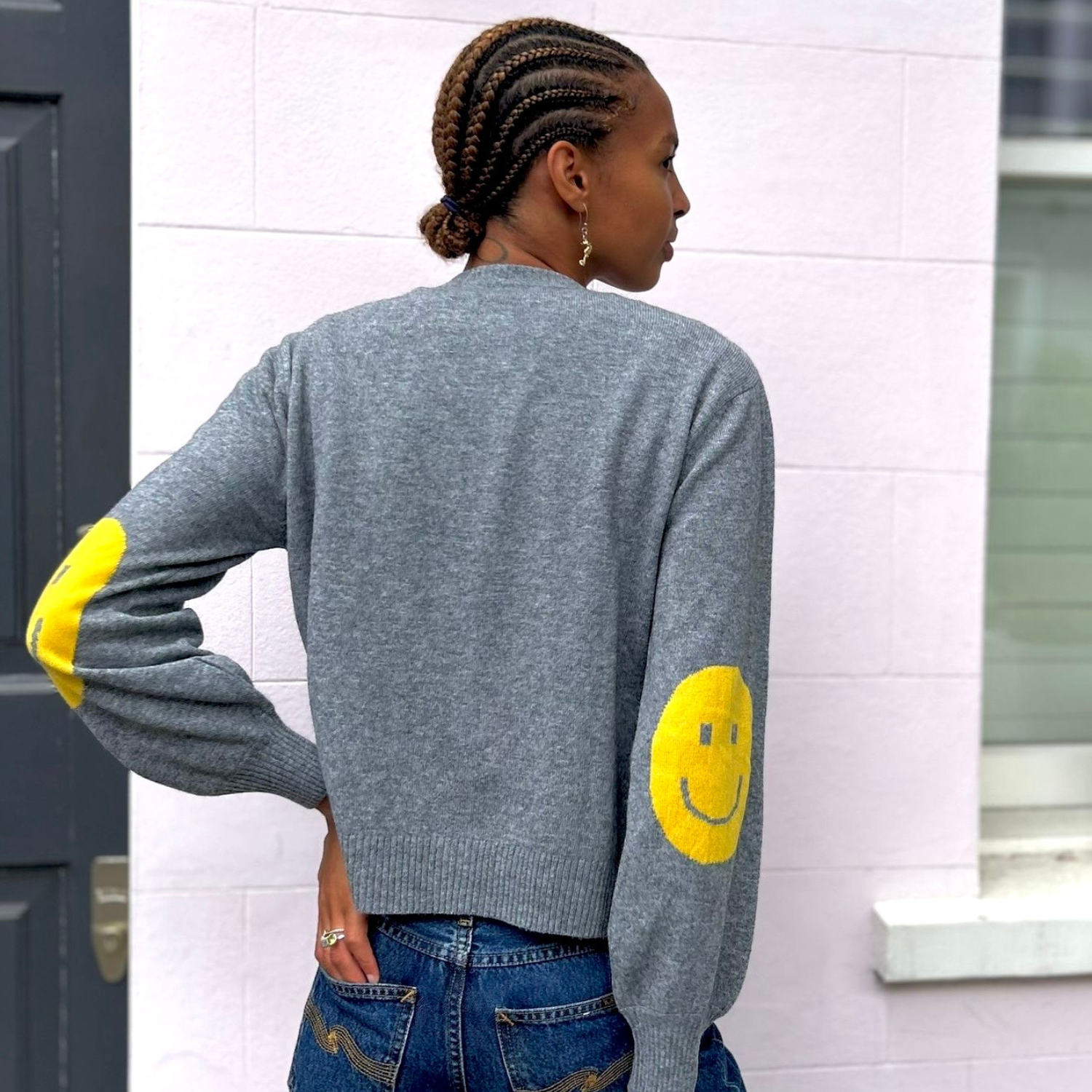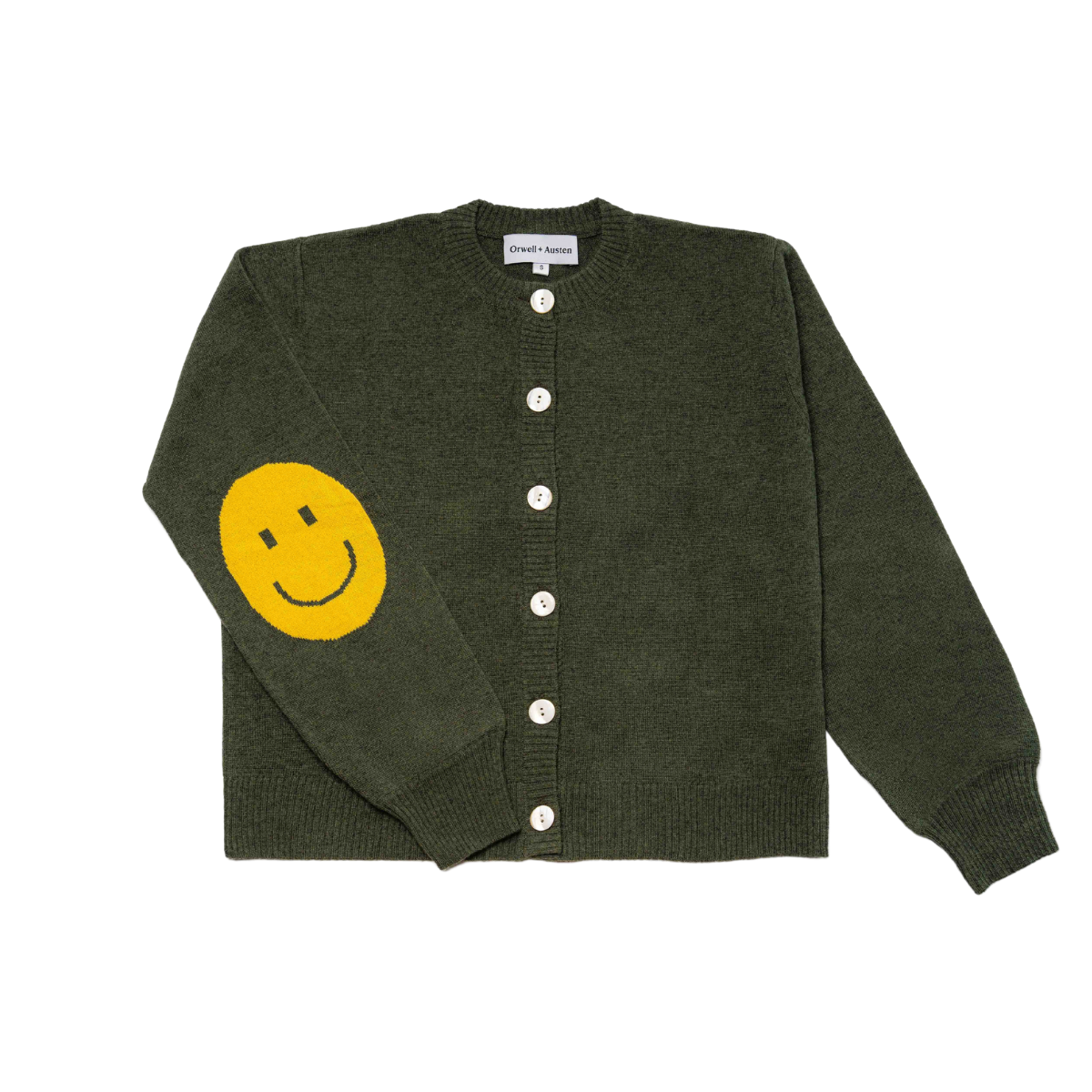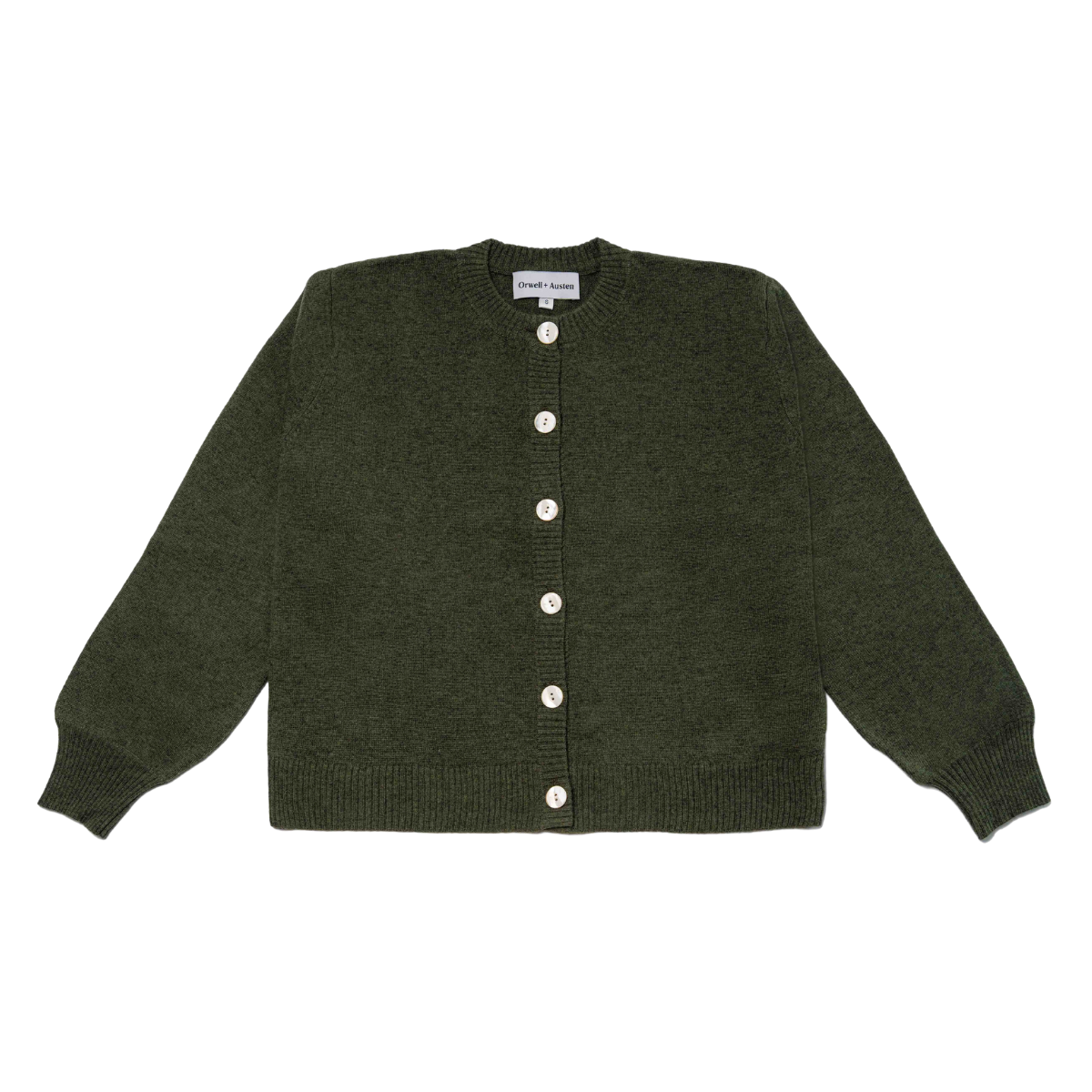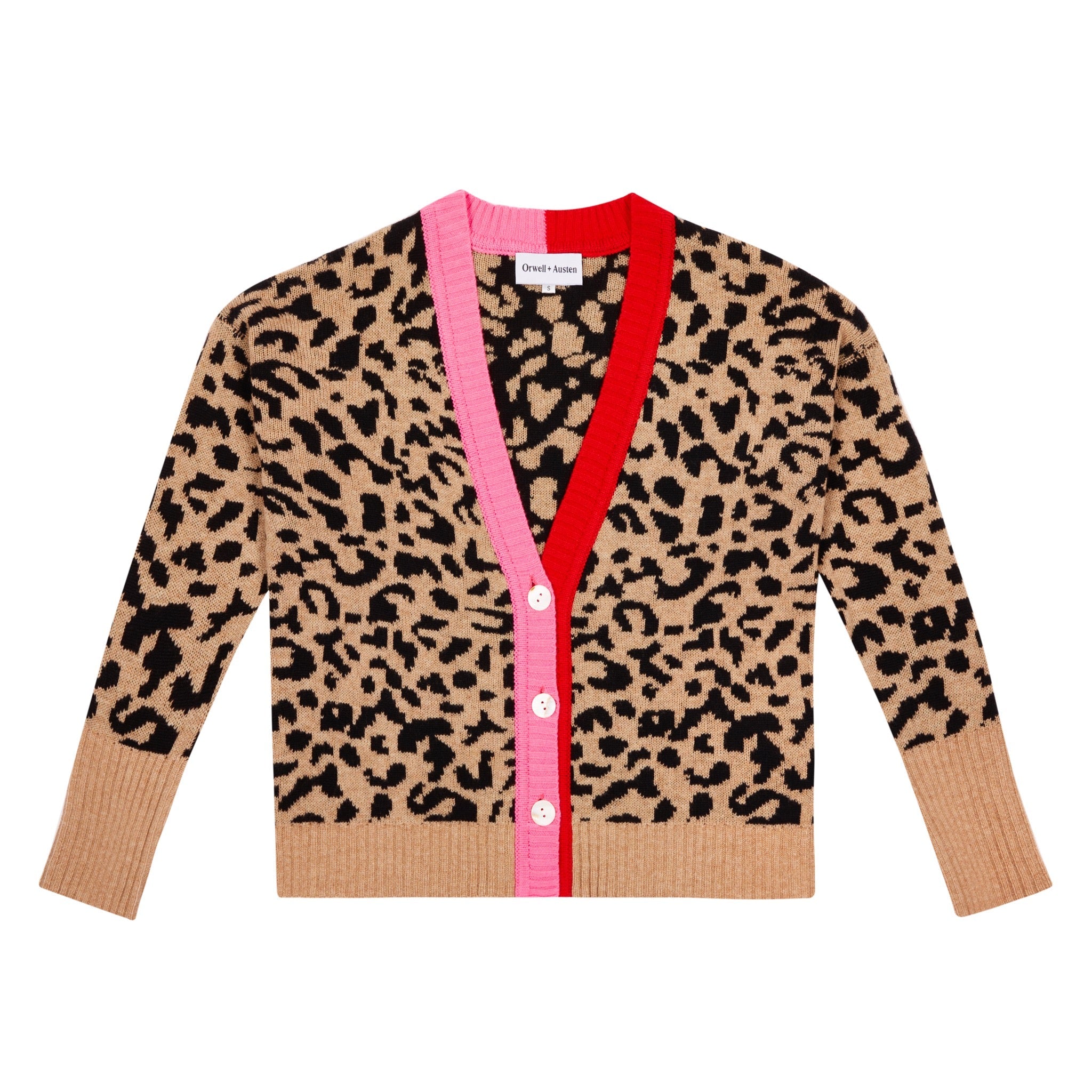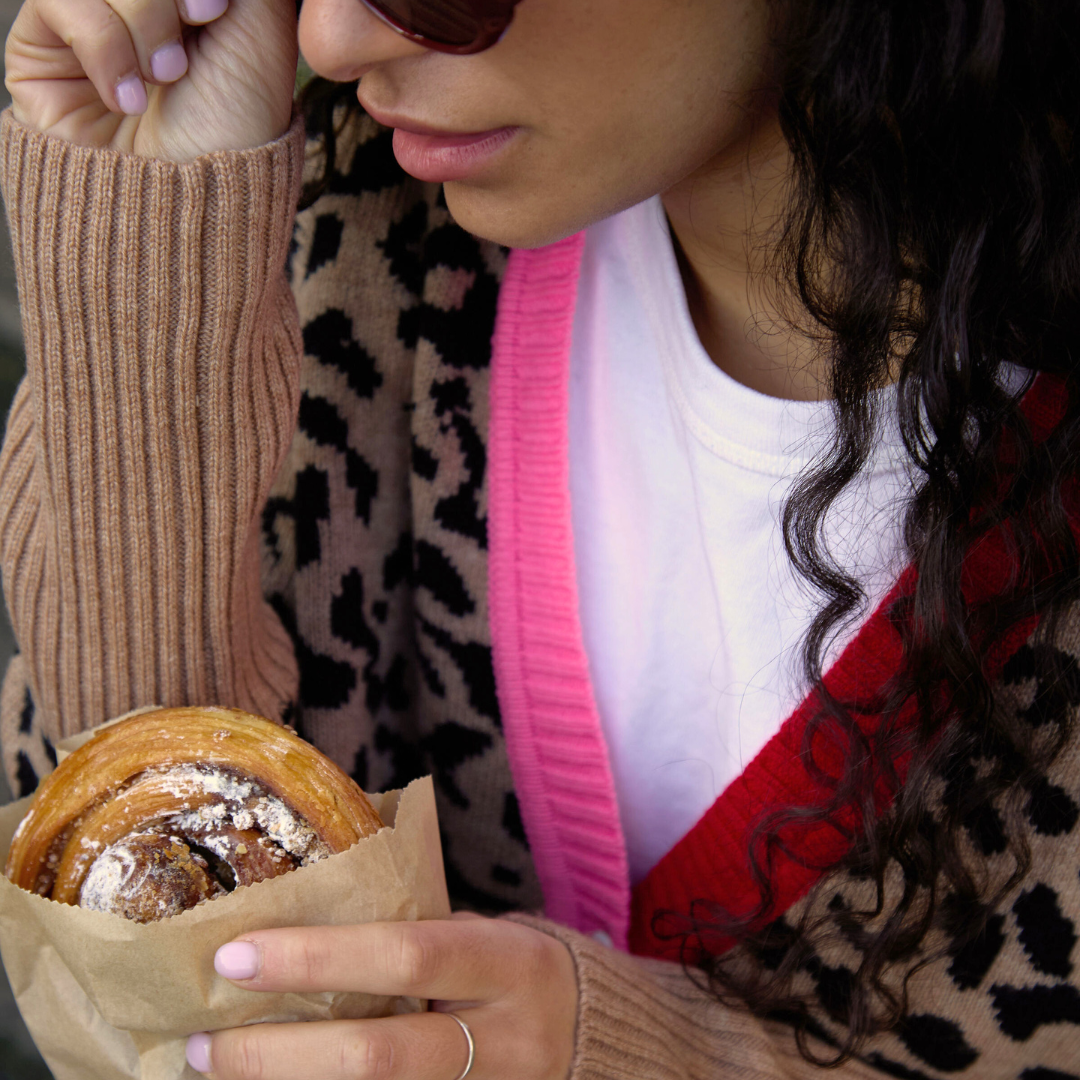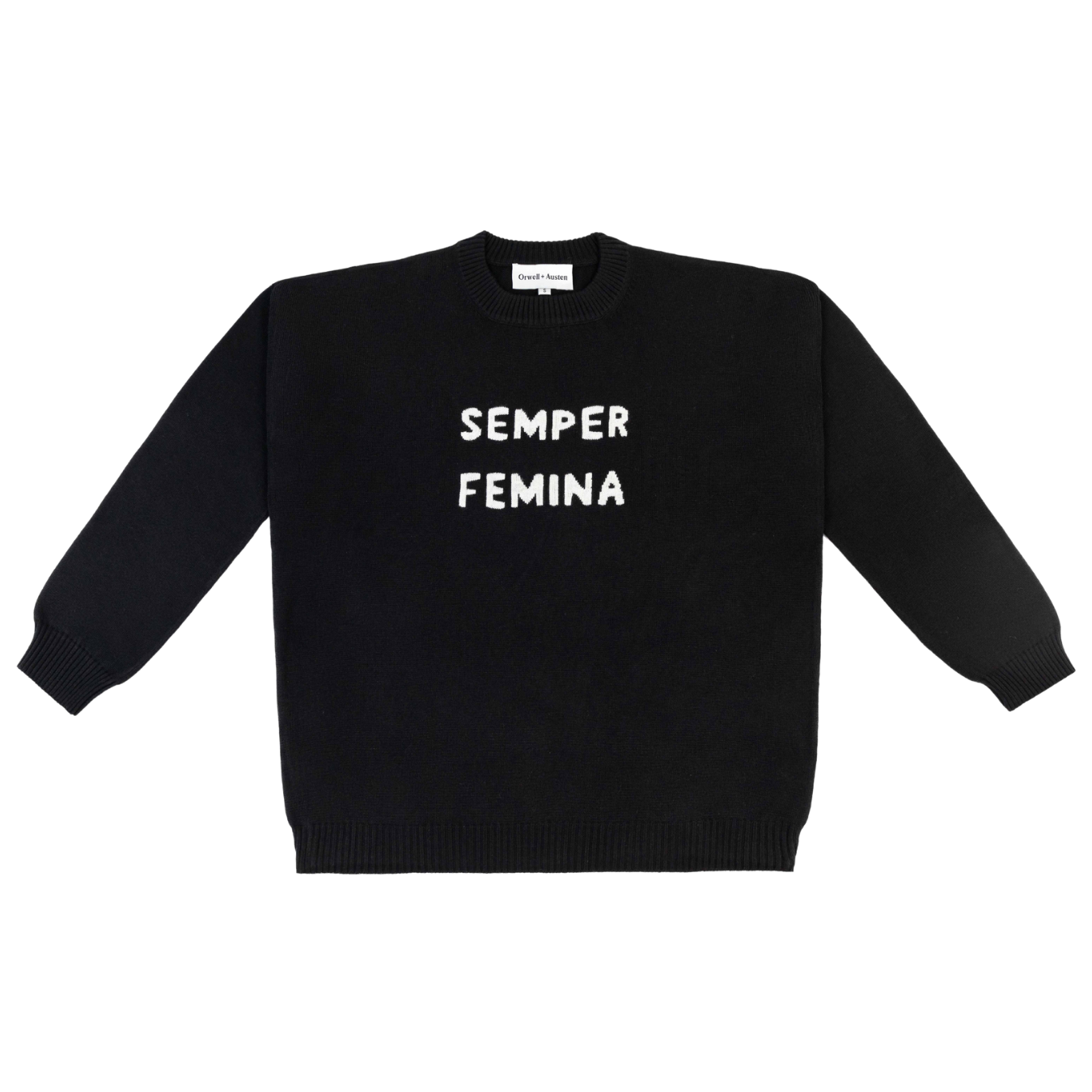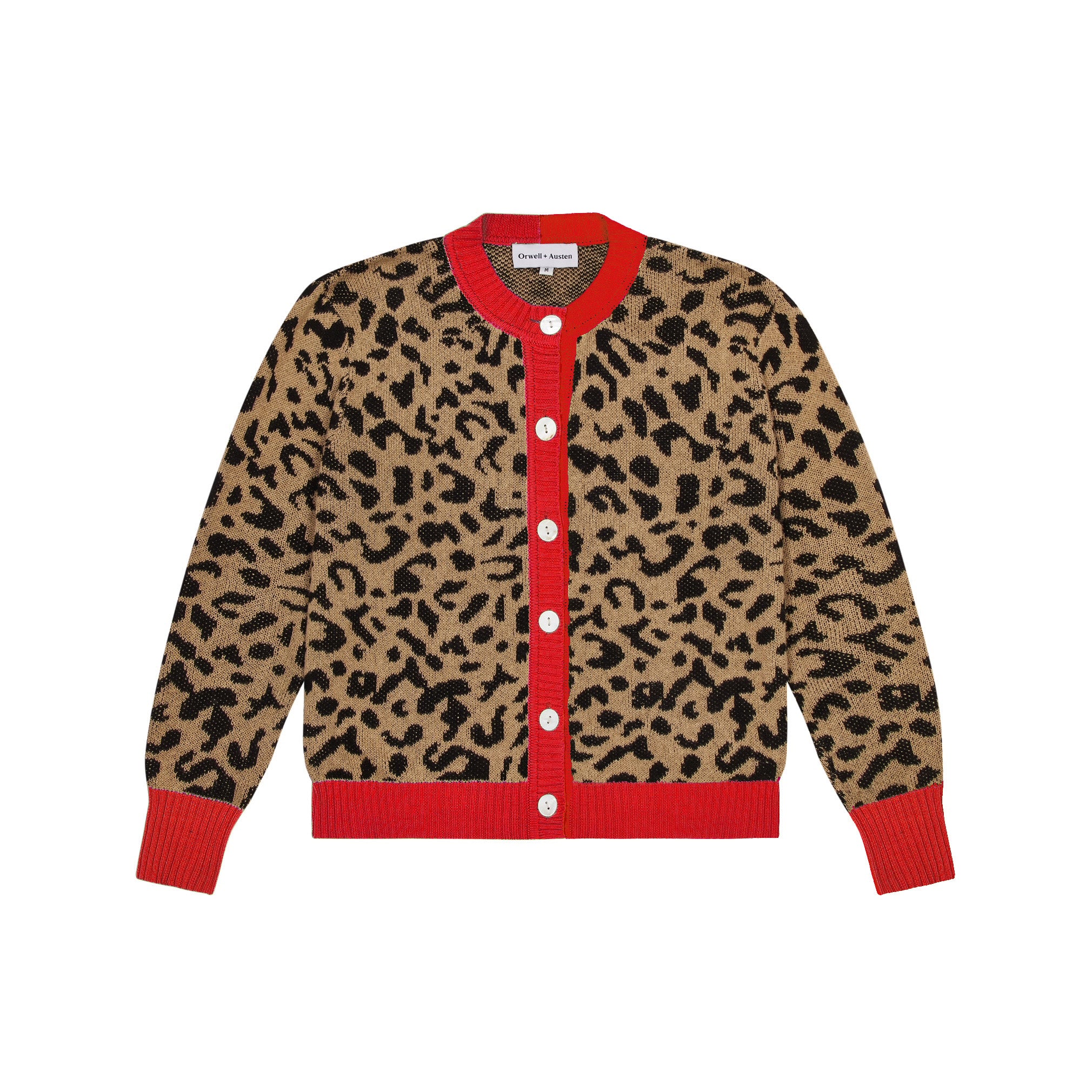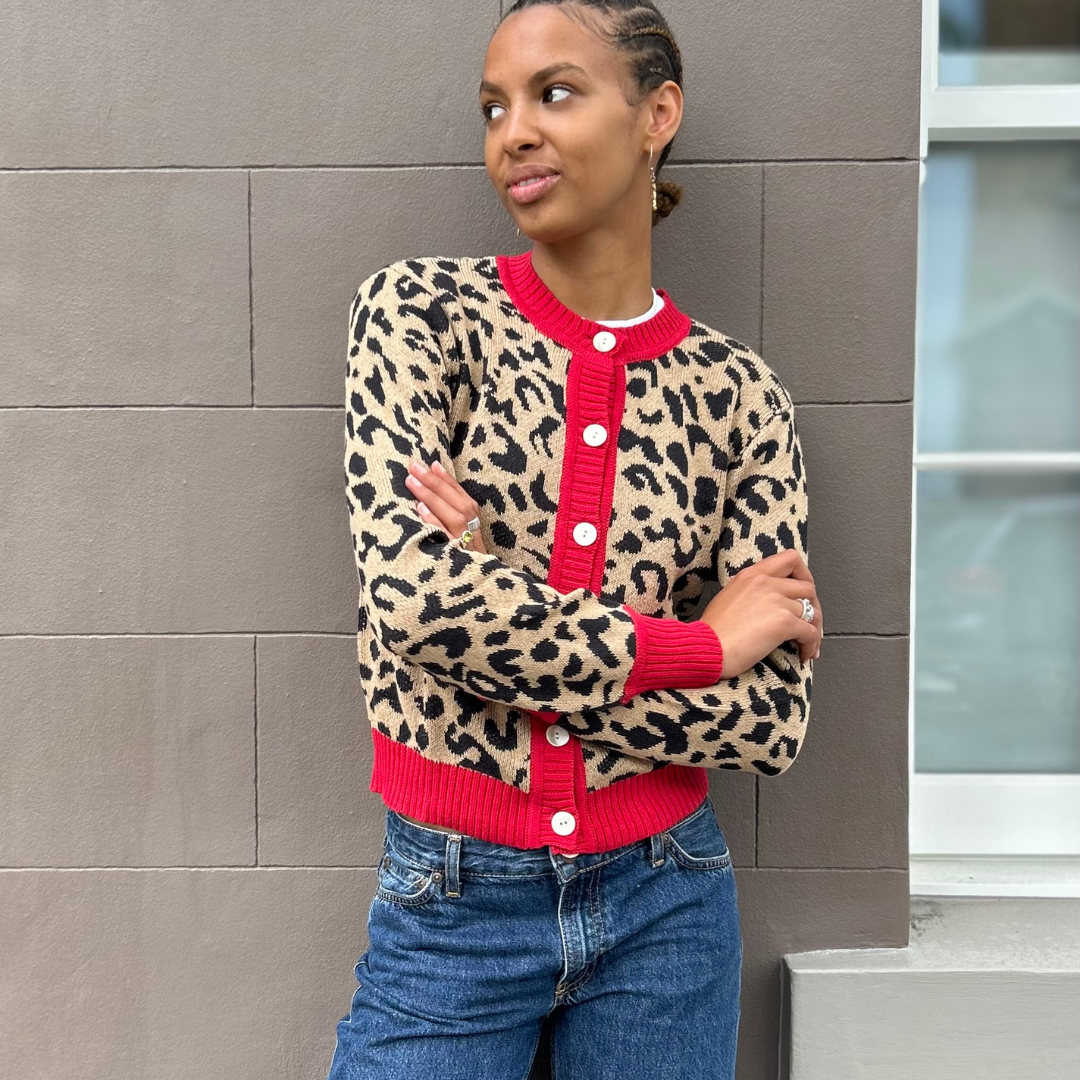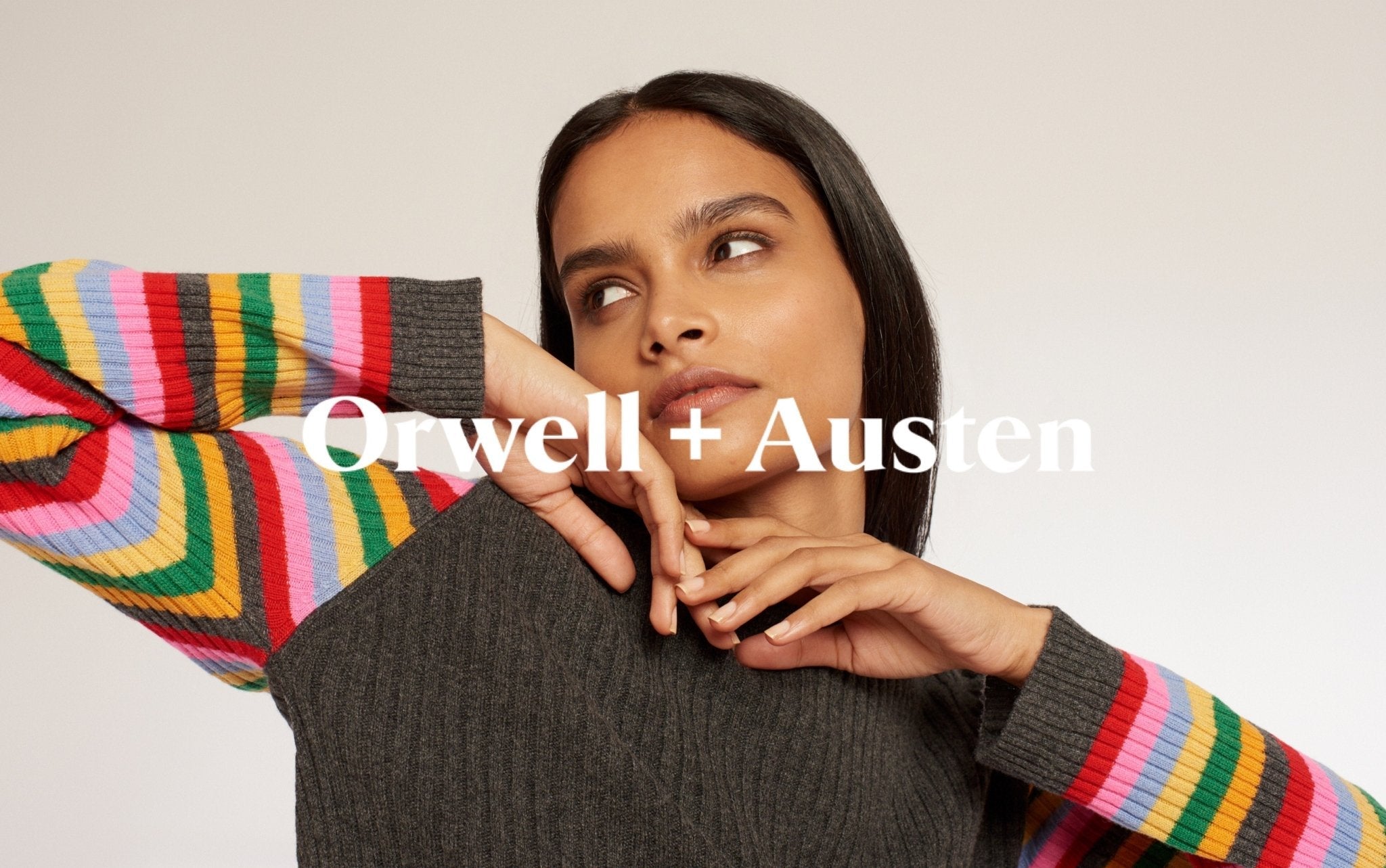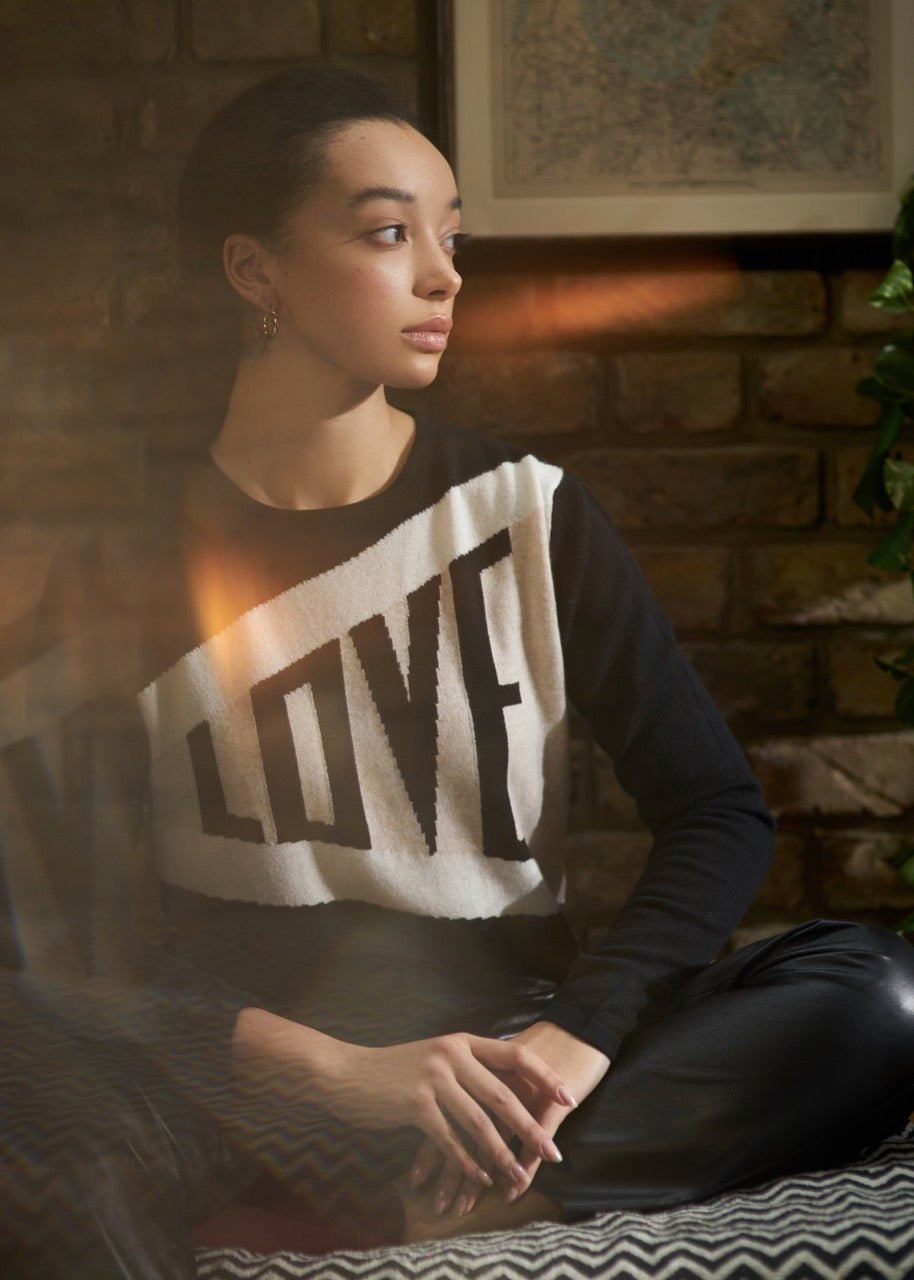
Progress, Not Perfection
Progress, Not Perfection
At Orwell + Austen we take great pride in our genuine passion for social and environmental responsibility. With this in mind, I thought I would break down the ways in which we do our utmost to be kind to both people and planet. However, I am incredibly aware of the areas in which we could improve, and for transparency want to touch upon those things which we haven't perfected yet but are continually working to improve.
What are we proud to be doing?
Environmental
Small order runs
In the first instance, we only order what we know will be sold; likewise, we only re-order products when they are completely sold out. This minimises waste since there is no excess product. This also helps us to keep our carbon emissions to a minimum and ensures that we do not place unnecessary pressure and unrealistic production targets on the artisans who create our pieces.
We work a lot to pre-order, using tools like 'back in stock notifications' to gage demand, and we have enough demand for a style we bring it back! We know you, our customer, tend to really consider your purchases with us and are therefore comfortable with waiting for your piece to be made just for you!
Materials

Cashmere
Throughout our product range, you will find materials of only the highest quality. Our sweaters and cardigans are made of either recycled cashmere, a cashmere and fine wool blend, and occasionally a very fluffy 100% virgin cashmere (which is the only time we will use 100% virgin cashmere). We do not use, have never used, and will never use any plastic derived yarns (such as acrylic) in our knitwear. There is more than enough plastic in the world without us adding to the plastic problem. We like to know that once a piece is at the very, very end of its life (can no longer be reworn, repaired or repurposed), it will decompose. This is a brand commitment which haven't strayed from since the brand started almost 9 years ago.
In an ideal world, we would use recycled cashmere for all of our pieces. This is made out of old 100% cashmere yarn stock which is shredded down; a small quantity of virgin cashmere is then added and the mix is respun to make the recycled cashmere yarn. However, it isn’t always possible for us to use recycled cashmere since the development of the yarn is very much still in its early stages prices as very high, and as a small brand we are priced out of using this on all pieces. There also isn't (currently) the colour variety, so we tend to use the recycled cashmere for the main body of a piece, and a cashmere wool blend yarn for the brighter detail.
The majority of our pieces are created using a 30% virgin cashmere and 70% fine wool blend which is more environmentally responsible than other virgin cashmere-heavy compositions for a number of reasons. The demand for virgin cashmere has increased dramatically, meaning an increase in goats and overgrazing. Environmentally, this is not ideal; for this reason, we choose to blend virgin cashmere with wool. Fine wool has a much lower environmental impact than cashmere, and when blended with virgin cashmere you still get a lovely luxurious feel sweater. For Spring pieces we will also sometimes use a cotton cashmere yarn, or silk cashmere blended yarn.
We do occasionally create pieces from 100% virgin cashmere, but keep the style ranges in that yarn to a minimum. Our upcoming range of 'fluffy' cardigans are made using a very high quality 100% cashmere yarn, which gives the feeling of mohair - a yarn which (for animal welfare reasons) we do not use.
Our aim is to eventually have 50% of our cashmere knitwear pieces created from recycled cashmere, 40% from the cashmere and fine wool blended yarn, and now more than 10% from 100% virgin cashmere. Currently, 90% are made from the cashmere fine wool blended yarn, less than 5% are made from recycled yarn, and (with the launch of our fluffy cardigans) another 5% are made from 100% virgin cashmere.
In terms of the cashmere we use in our pieces, it is all sourced from a supplier who does not shear its goats, but combs the goats for the fine cashmere hair, leaving the goat's with their protective (and coarse) guard hair. Shearing is very distressing to the cashmere goats and we are committed to working with yarn suppliers who do not undertake the practice of shearing.
Global Organic Textile Standard Cotton
All of our tees are made out of GOTS cotton, meaning that they meet some of the highest organic standards in the world. You can read more about the requirements here, but essentially this means that there are no pesticides used and the processing of the cotton is as socially responsible as possible.

Zero to Landfill
With upwards of eleven million garments ending up in landfill each week (source - Oxfam) - including pieces returned to brands - we are proud to say that we have an absolute zero-waste-to-landfill policy. Any excess stock is offered to our customers at our twice yearly sample sales, whilst older styles that haven’t been sold after several years are eventually donated. Most recently, we gave a number of sweaters to our local women's refugee charity in North London. These were in perfect condition and unworn - they were simply pieces that never made production, and which we did not sell at a sample sale. Before that, we made a donation of pieces to a shelter for women fleeing domestic violence as they generally leave with very few belongings.
Slow Fashion
We have always championed the idea of buying less and buying better. We believe that an Orwell + Austen piece isn’t just for one season, but it is rather a garment that you will wear for years to come. With this in mind, we strive to provide our customers with designs that are incredibly versatile and that can be styled effortlessly for an infinite number of occasions, but which also feel special and are not trend-dependent. We don't believe in 'retiring' designs just because they are no longer new. In our opinion, great design is great design, and as long as there is demand to continue to make a style, we will do so.
Plastic
Our sweaters and cardigans are sent from the factory to us in London in plastic packaging. To ensure that we do not contribute to more plastic going to landfill all of the plastic bags are saved and sent to be recycled by First Mile Recycling. This however is not a perfect solution and from the middle of this year (2021) we will instead be using cotton garment bags. These have been hand made from raw cotton sourced and crafted in Nepal by our partner factory, and hand stamped with the brand logo.

Packaging
Our pieces come wrapped in Orwell + Austen branded recycled tissue paper which goes alongside a recycled paper thank you card inside a biodegradable mailer. We occasionally use a branded recycled gift box (though once we have used all of the boxes from our current order we will not be using the gift boxes going forward). Whilst we are aware that there is a pressure to have more bows and ribbons with products at our price point, we consciously choose not to take our packaging further from a waste standpoint. With the arrival of our reusable cotton bags later this year, we hope to strike a balance between recycled and reusable elements.
Carbon Offsetting
At the end of each year, we offset O+A’s carbon footprint. In 2019, this was to a reforestation organisation and we are currently in the process of deciding the organisation to whom we will donate to to offset the environmental costs of our 2020 emissions. We are currently looking for carbon offsetting projects in Nepal and are currently in the process of confirming the projects that will best utilise our funds in the region.
Social
Artisan skills and working conditions
From the brand’s very beginning, we have worked with the same small, ethical, family-run producer in the Kathmandu Valley in Nepal - an area renowned globally for the quality of their cashmere and knitwear products. Our garment workers specialise in creating hand-knitted sweaters using traditional techniques; indeed, we have always strived to utilise their skill, expertise and craftsmanship. Our number one priority is that they are paid and treated fairly for this, and we pay a premium for our pieces.

Fair Wear Foundation
As has already been suggested, socially ethical production really is something we strive to champion here at Orwell + Austen. In line with this, our non-knitwear pieces - specifically our t-shirts and sweatshirts - are produced in Fair Wear Certified factories, meaning that you can be assured that they have been made in some of the fairest and safest working conditions.
Charity
In the past, we have produced various sweaters with profits going to charity. In 2018, we collaborated with Kat Farmer on our True Colours collection, from which 25% of the profits was donated to The National Autistic Society. In 2020 we donated all of our profits from our Love Rainbow t-shirts sales in July and August to an on-the-ground Nepalese charity named Our Sansar in support of their Covid relief fund.
In terms of going forward into 2021, I am pleased to announce that the brand has just pledged a fixed donation to Pipal Tree to fund the salaries of two teachers at a school in rural Nepal. We are also planning another charity piece, which we are aiming to have ready to sell in the summer. The profits from the sale of this piece will also go toward the Pipal Tree project.
What could we be doing better?
Airmiles
The reality of using Nepalese artisans means that our knitwear is transported to the UK by air freight; this generally involves putting shipments on commercial flights, or courier flights when the former isn’t possible. Clearly, this isn’t great for our carbon footprint and is thus a contributing factor in deciding to carbon offset each year. An ideal scenario would be to manufacture closer to home, but the difficulty is how we then continue to support a traditional manufacturing process (and our partner factory who we have built a strong long lasting relationship with since the brand started almost 9 years ago); after all, a huge driving force behind the brand is the aim of keeping artisanal traditions alive.
Circularity
We are really eager to implement a take-back scheme, where our customers can send in their old sweaters (when truly at the end of their lives) in order to recycle and repurpose the yarns. This would encourage a circularity to the brand - something that is incredibly beneficial to the environment. This is something we are exploring in detail in 2021. As a one person brand we are looking at the way to ensure the logistics of this are workable at a very small scale.
We are not 100% sustainable...
… but, then again, no fashion brand ever will be. Anything anyone does takes from the planet in some shape or form. Our aim, as a “sustainable” brand is to minimise the impact this has as much as humanly possible. Whilst carbon offsetting, producing to demand, and using recycled yarns aren’t the ultimate solutions, they are a step in the right direction. For this reason, we prefer to call ourselves an “eco-conscious” brand; however, we do understand that consumers are more familiar with “sustainable”, so we do use it as a term.
The brand was built from my personal dream to produce colour, contemporary pieces in an ethical way, and this continues to be the brand's driving force. People and the environment must always come before profit, and I am personally committed to ensuring that they always do. If I can't build a brand in a way that is fair to all, then for me personally it isn't worth building a brand at all.
Jess x

